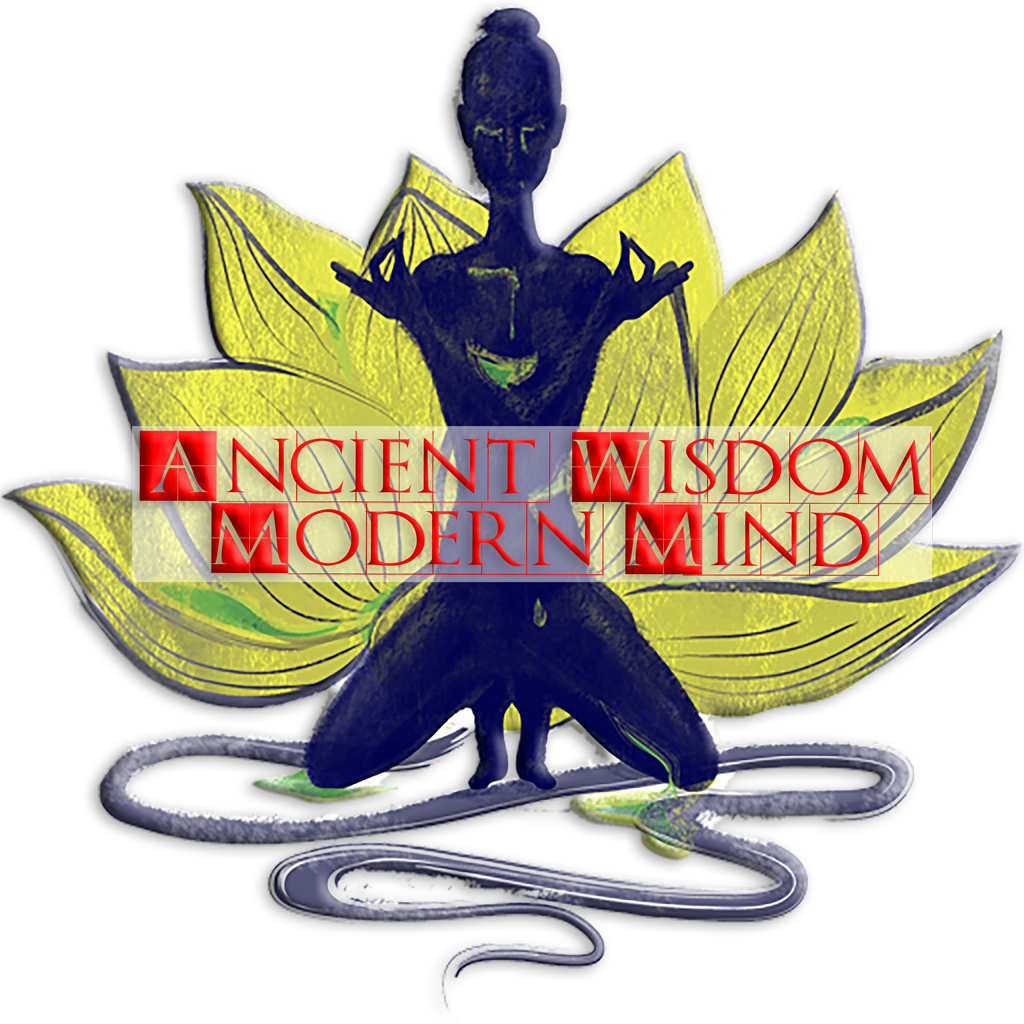Zhuangzi Butterfly Dream is a Red Pill Metaphor
If you would like to learn about Zen mediation then I have also created the Zazen Compilation ALBUM (The Complete Zen Collection to understanding Zen, Zazen and Kinhin, including guided meditations), click the above button.
What does it mean to dream you’re a butterfly? Is it better to free your mind? Or live in blissful ignorance?
Hello, Jason Cain here and welcome to the Ancient wisdom modern mind blog and today I would like to share my view on self-realization and Zhuang Zhou’s “Butterfly Dream”.
There is a Chinese saying that life is like a dream and a dream is like life, and this is illustrated vividly in Zhuang Zhou’s story.
Once Zhuang Zhou dreamed he was a butterfly, a fluttering butterfly. What fun he had, doing as he pleased! He did not know he was Zhou. Suddenly he woke up and found himself to be Zhou. He did not know whether Zhou had dreamed he was a butterfly or a butterfly had dreamed he was Zhou. Between Zhou and the butterfly there must be some distinction.
This story also sums up much of Zhuang Zhou’s philosophy about the nature of self-realization, for what Zhuang Zhou is asking, is how do we know when we’re delusional, and when we’re self-realized and awake? How do we know if what we believe is “real” or a mere “misconception” or “misunderstand of the nature of things because of our beliefs”?
Is the “me” of various dream-characters the same as or different from the “me” of my waking world ego or personality? How do I know, when I experience an “insight” is it actually a real self-realization, “an authentic understanding of reality” as opposed to simply waking up into another level of self-deception?
It is interesting to note that Zhuang Zhou used a butterfly as the metaphor in his dream. The butterfly is a symbol of transformation; it transforms from a grub into a butterfly and even after this transformation, it does not fight the natural order, but instead it follows the breeze and yet still arrives at the flower; its actions are spontaneous and free. Thus it doesn’t wear itself out fighting the forces of it surroundings.
Once fully awakened, “if one can tell”, one may distinguish between what is a dream and what is reality. Before one has fully awakened, such a distinction is not even possible to draw empirically.
About Zhuang Zhou
Zhuang Zhou, also known as Chuang Chou, Chuang Tzu or Zhuangzi which literally means Master Zhuang, was an influential Chinese philosopher who lived around the 4th century BC during the Warring States period, a period corresponding to the summit of Chinese philosophy and the Hundred Schools of Thought.
Zhuang Zhou’s philosophy
In general, Zhuang Zhou’s philosophy is a skeptical approach, arguing that the mind is limited, but that the knowledge to be gained is unlimited. To use the limited to pursue the unlimited, he said, was foolish.
Our language and cognition in general presuppose a path to which each of us is committed by our past. Consequently, we should be aware that our most carefully considered conclusions might seem misguided had we experienced a different past.
Zhuang Zhou argues that in addition to experience, our natural dispositions are combined with acquired ones—including dispositions to use names of things, to approve or disapprove based on those names and to act in accordance to the embodied standards of the times.
Thinking about and choosing our next step down our path is conditioned by this unique set of natural acquisitions.
A modern analogy can be seen in the “Red Pill” and “Blue Pill” struggle, when a young boy transitions from boyhood to manhood, he must choose to take the Red pill of knowledge and become a man, who is then free to choose his own destiny, or take the Blue pill of Ignorance. But if he takes to Blue pill he will remain a boy mentally and a slave to society's whims.
The question that Zhuang Zhou proposes in his Butterfly Dream is; is it better to free your mind? Or live in blissful ignorance? And how do you know that you have taken the Red Pill and freed the mind? Or have you deceived yourself and taken instead the Purple Pill of deception?
So that’s my take on Zhuang Zhou’s Butterfly Dream, and if you'd like to subscribe to this channel go ahead and click on the subscribe button, and if you would like to download the Audio version of “Zhuangzi’s Butterfly Dream is a Red Pill Metaphor” then you can purchase the Audio from the links in the description.
I’ve enjoyed sharing Zhuang Zhou’s philosophy with you, and I encourage you to explore and learn about yourself and to continue your journey, and If you have the time when let me know in the comments about your understanding of the spiritual path or how your journey has changed your life.
Letter of Support
Hello my friends, the patronage of regular followers is greatly appreciated and is the true spirit of mutual self-love… So, if you find any value or joy in the content, please consider becoming a Supporting Patron by downloading Podcasts for a small supporter’s remuneration or by purchasing Meditation audios or books from the Books & Meditation Audios page or by clicking the Supporters Link, and this one simple act makes a huge difference.
👍 share and Stay safe.
If you would like to learn about Zen mediation then I have also created the Zazen Compilation ALBUM (The Complete Zen Collection to understanding Zen, Zazen and Kinhin, including guided meditations), follow the link.
Related posts:
References
// IMAGE S O U R C E: pencil-drawing-of-butterfly-63, icense to use Creative Commons Zero - CC0 © Artist Clipartsco | www.getdrawings.com, Image title: Realistic Butterfly Drawing Monarch Butterfly Drawing Clipartsco


